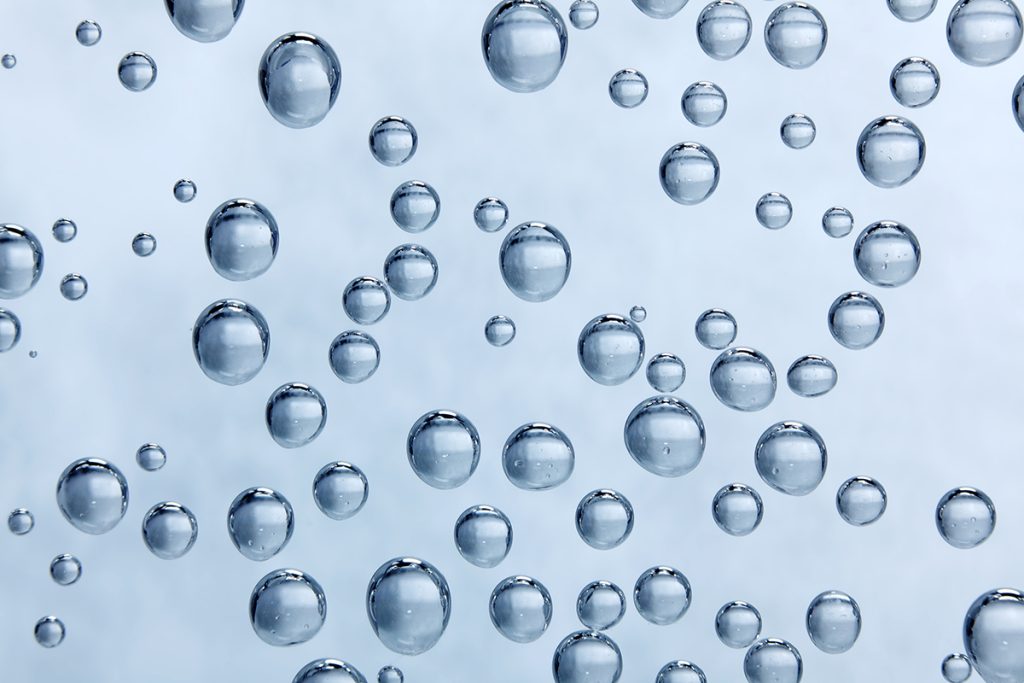Foaming agents Malaysia are essential components of various industries including construction, textiles, food and beverage, and many others. They are used to create a foam that acts as an insulating material, reduces weight and improves the quality of the end product. In Malaysia, the use of foaming agents has increased significantly in recent years, and the demand for these products continues to grow.
How Does foaming Agents Work?
Foaming agents work by creating a gas-filled structure within a liquid or a solid. This structure is stabilized by a surfactant, which is a substance that reduces the surface tension between two liquids or between a liquid and a solid. The result is a foam that has a uniform structure and can be controlled in terms of its size, shape, and stability. There are different types of foaming agents, including physical foaming agents, chemical foaming agents, and bio-based foaming agents.

Physical Foaming Agents
Physical foaming agents are created by adding physical energy to a liquid or solid, such as by agitating it or exposing it to high pressure. Examples of physical foaming agents include air, carbon dioxide, and nitrogen. These agents are commonly used in the food and beverage industry, where they are used to create whipped cream, beer, and other carbonated beverages.
Chemical Foaming Agents
Chemical foaming agents, on the other hand, are created by chemical reactions. They are typically added to a liquid or solid to generate gas that forms a foam. There are two main types of chemical foaming agents: blowing agents and activators. Blowing agents are substances that generate gas when they are exposed to heat, light, or mechanical energy. Activators, on the other hand, are substances that catalyze the reaction of blowing agents. Chemical foaming agents are widely used in the construction, textiles, and packaging industries.
Bio-based Foaming Agents
Bio-based foaming agents are created from natural materials, such as proteins, starches, and cellulose. They are a more environmentally friendly alternative to traditional chemical foaming agents. Bio-based foaming agents are typically used in the food and beverage, textiles, and packaging industries.
The Textiles Industry
The textiles industry in Malaysia also makes extensive use of foaming agents. They are used in the production of textiles and clothing, where they provide cushioning and support, as well as improve the quality of the final product. Foaming agents are also used in the production of bedding, furniture, and other products that require softness and support.

The Food & Beverage Industry
The food and beverage industry in Malaysia also makes extensive use of foaming agents. They are used in the production of carbonated beverages, whipped cream, and other products that require a stable foam. Bio-based foaming agents are becoming increasingly popular in this industry, as they provide a more environmentally friendly alternative to traditional chemical foaming agents.
Conclusion
In conclusion, the use of foaming agents in Malaysia is growing rapidly, driven by the increasing demand for insulation and lightweight materials in the construction industry, as well as the demand for high-quality products in the textiles and food and beverage industries. With a wide range of foaming agents available, from physical foaming agents to bio-based foaming agents, companies in Malaysia have a variety of options to choose from, depending on their specific needs and requirements.
